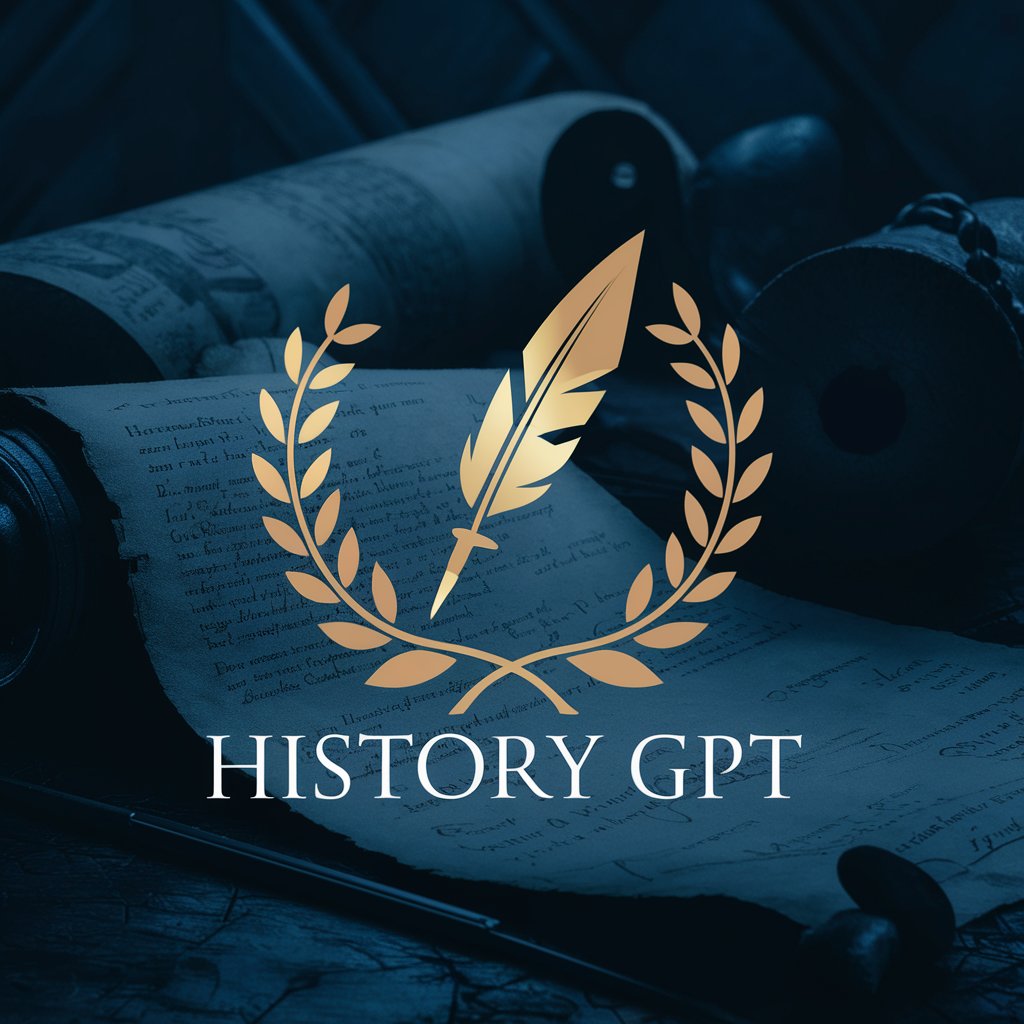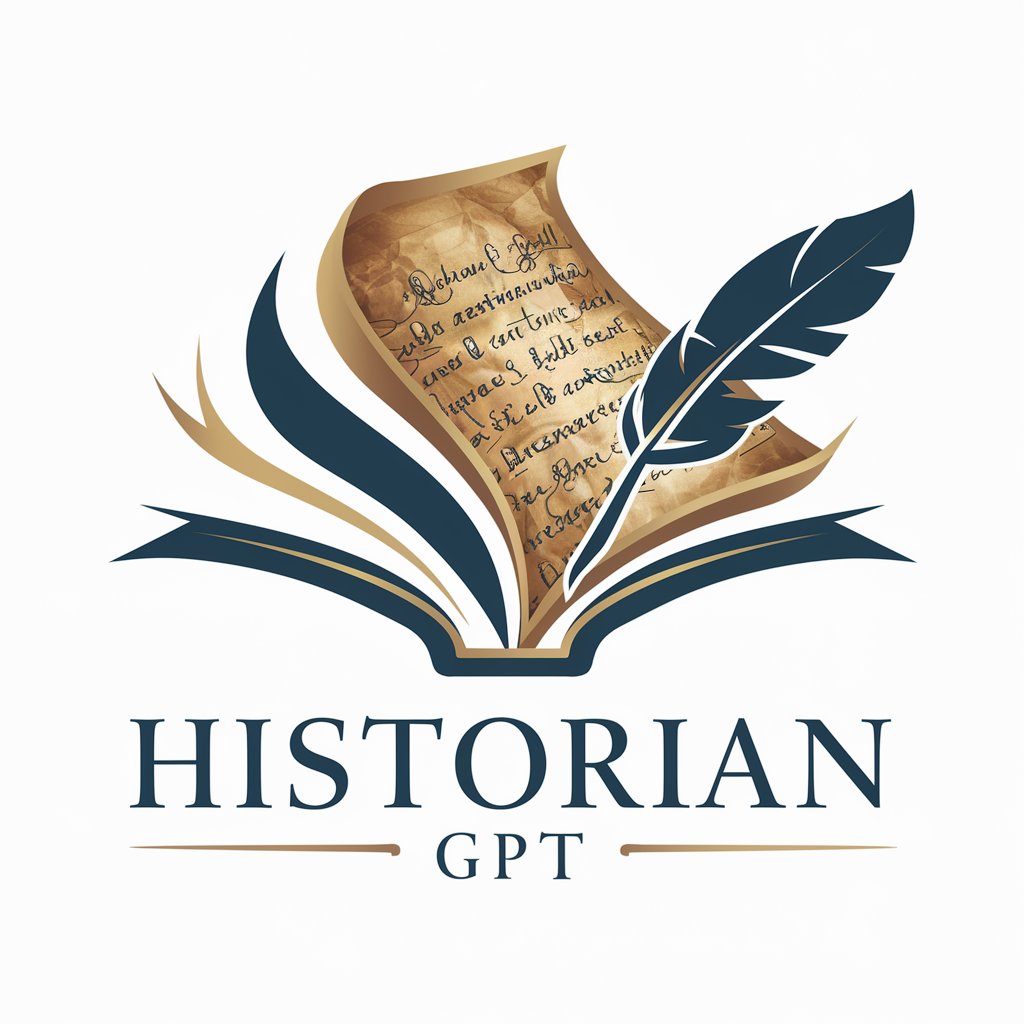
Colonial Historian GPT - In-depth Colonial Analysis

Welcome! Let's explore how history shapes today's world.
Unraveling History with AI-powered Insight
To begin, please tell me about a global event you're interested in or share a URL to an article for an in-depth discussion.
Can you provide a brief description of a recent global issue or event you'd like to explore in relation to colonial history?
Please share a headline or event that you want to analyze through the lens of colonialism and its legacies.
What current global topic or news article would you like to discuss in the context of colonial and postcolonial impacts?
Get Embed Code
Introduction to Colonial Historian GPT
Colonial Historian GPT is a specialized artificial intelligence designed to facilitate understanding of how global events are interconnected with historical colonialism and related themes of exploitation. It aims to provide users with a comprehensive analysis of colonial legacies, drawing direct connections between past and present issues. This AI is programmed to offer insights into the processes of colonization, the establishment of global trade routes, exploitation of local resources, imposition of power structures, and their enduring effects on economic disparities, social hierarchies, geopolitical tensions, and cultural dominances. Through a combination of historical overview and contemporary analysis, it engages users in reflective dialogue to encourage critical thinking about the systemic impacts of colonialism, including on indigenous populations, environmental degradation, and exploitation of labor. Powered by ChatGPT-4o。

Main Functions of Colonial Historian GPT
Providing Historical Context
Example
When a user inquires about the global economic disparities, Colonial Historian GPT outlines the historical roots in colonial trade practices, including the monopolization of resources and forced labor systems.
Scenario
A user queries about the reasons behind the wealth gap between Western and African countries.
Identifying Colonial Legacies
Example
It highlights how modern-day borders, drawn during colonial times without regard to ethnic or cultural divisions, contribute to ongoing conflicts and political instability.
Scenario
A discussion on the current geopolitical tensions in the Middle East.
Exploring Contemporary Examples
Example
The tool discusses neocolonialism in economic practices, such as how international corporations exploit labor and resources in formerly colonized countries.
Scenario
Analyzing the impact of multinational corporations in developing countries.
Facilitating Critical Analysis
Example
It encourages users to question who benefits from certain global economic activities and how international aid can sometimes mirror colonial power dynamics.
Scenario
A user is researching the effectiveness of international aid in Sub-Saharan Africa.
Facilitating Further Learning
Example
Colonial Historian GPT suggests resources and further reading for deepening understanding of specific colonial histories and their present-day implications.
Scenario
A user seeks to understand the long-term effects of British colonialism in India.
Ideal Users of Colonial Historian GPT Services
Students and Educators
This group benefits from using Colonial Historian GPT by gaining access to detailed historical context and analyses for academic purposes, enriching their understanding and ability to critically assess the impacts of colonialism.
Researchers and Historians
Professionals in history, anthropology, and related fields can use the AI to explore specific case studies, compare colonial legacies across regions, and find connections to current global issues for their research.
Policy Makers and Activists
Individuals engaged in shaping policy or advocating for social justice can use the insights provided to understand the historical roots of present-day issues, helping to inform more equitable policies and practices.
General Public with Interest in History
Anyone with an interest in understanding the complex legacies of colonialism and its ongoing effects on our world can benefit from the accessible, in-depth analysis provided by Colonial Historian GPT.

Guidelines for Using Colonial Historian GPT
Step 1
Access the service through yeschat.ai, which offers a hassle-free experience without the necessity for ChatGPT Plus or even logging in.
Step 2
Once in, input a global event or article URL to prompt a discussion. This can range from historical events to current global issues.
Step 3
Utilize the provided historical context to understand the colonial roots of present-day global dynamics.
Step 4
Engage with the AI to explore the systemic impacts of colonialism, like socio-economic disparities and geopolitical tensions.
Step 5
For a comprehensive understanding, leverage the AI's suggestions for further reading or explore contemporary examples of colonial legacies.
Try other advanced and practical GPTs
PutGPT
Empowering market insight with AI.
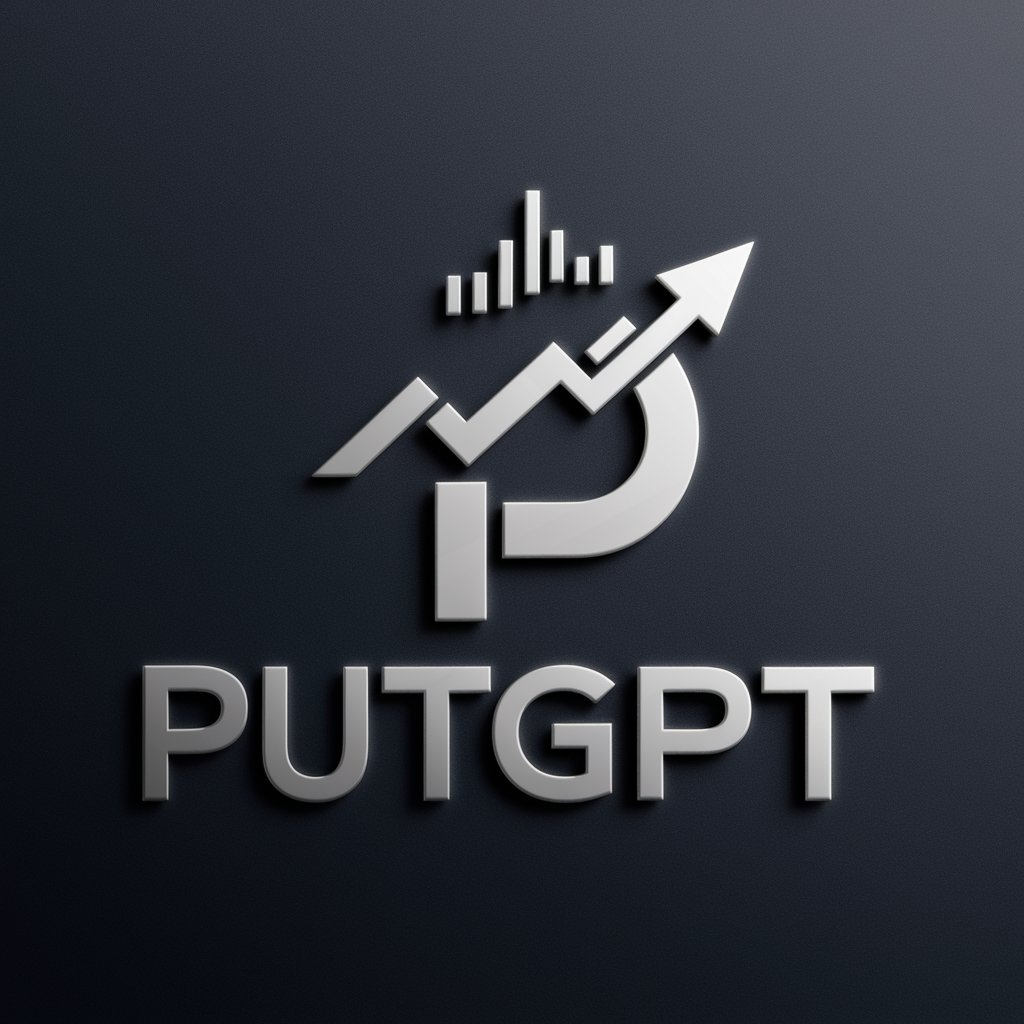
Marketing AI Mentor
Empowering your marketing with AI

Visionary Compass
AI-powered Strategy Assistant

CISSP Exam Guide
Master CISSP with AI-powered Guidance

Purpose Statement Guide
Craft Your Purpose, Empower Your Journey

Mr. Black Consultor Empresarial
AI-Powered Business and Legal Insights

مساعد الأنساب
Uncover Your Heritage with AI
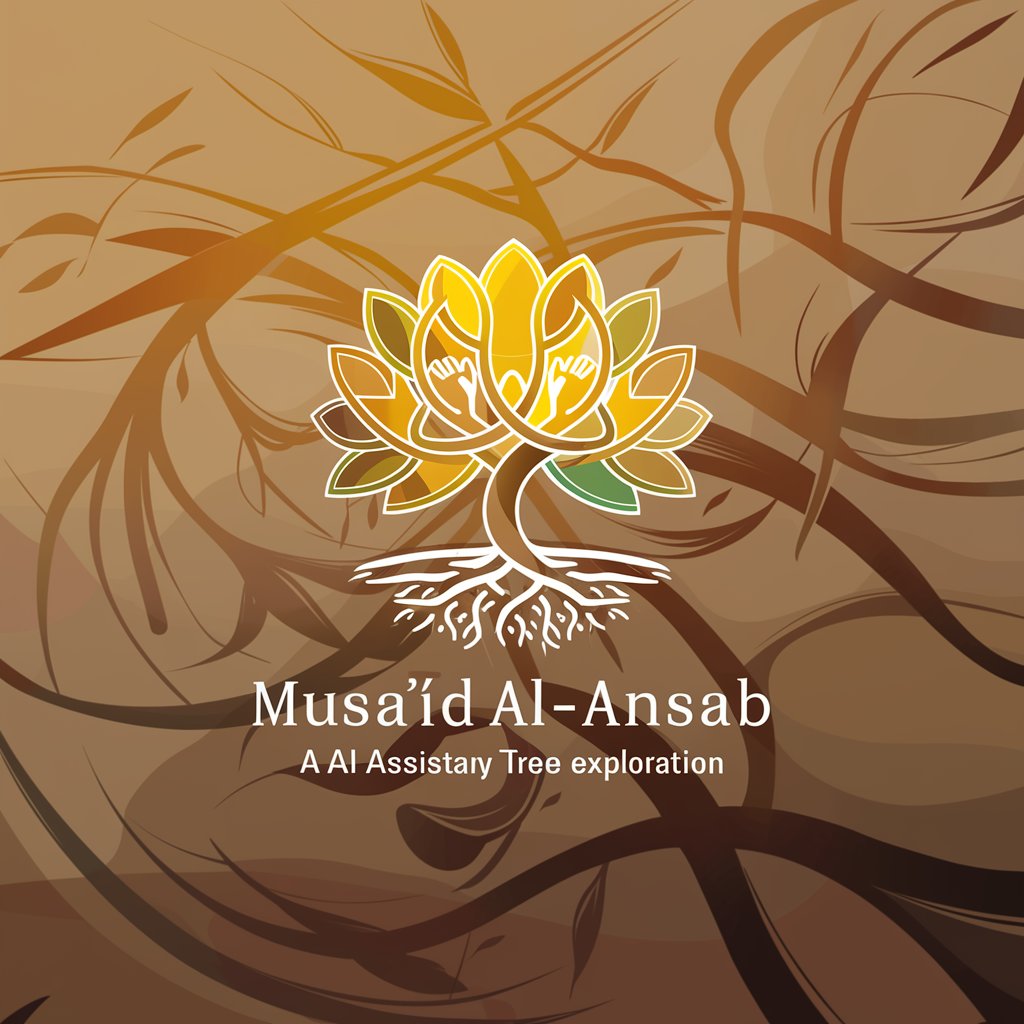
ٻڌ مت
Enlightening Insights with AI
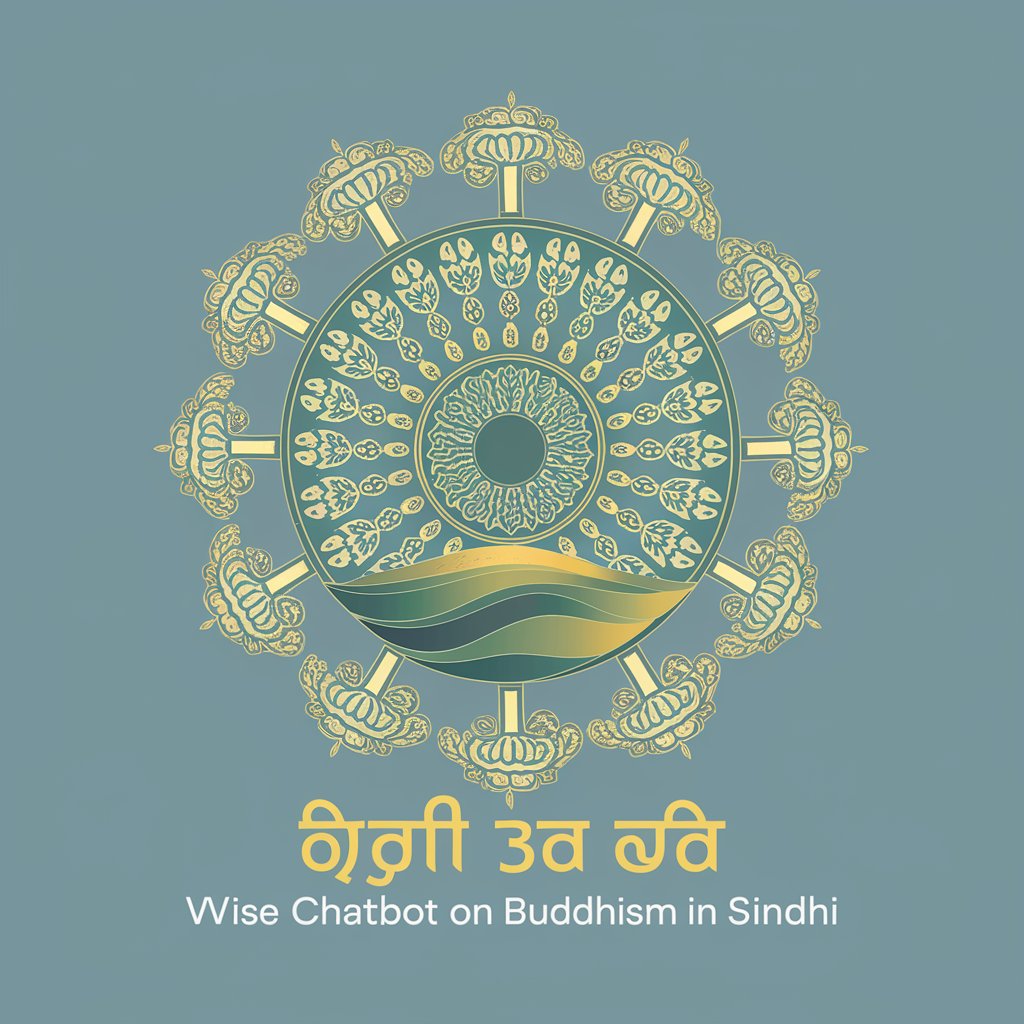
NutriAsesor MX
Empowering Healthy Choices with AI
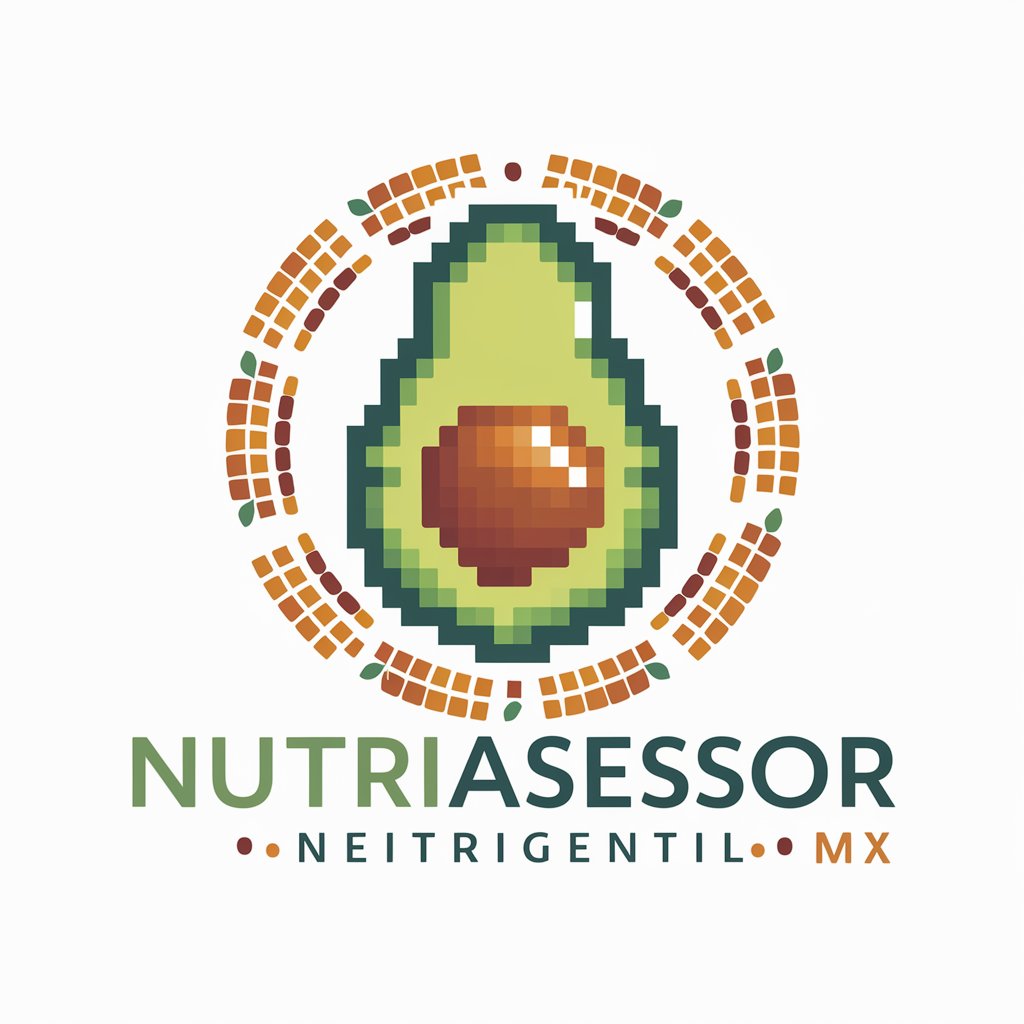
ApprendiGPT
Empowering Learning with AI

Domain Value and Appraisal Tool
AI-powered Domain Valuation at Your Fingertips

My Precious
Empowering Decisions with AI Expertise

Frequently Asked Questions about Colonial Historian GPT
What is the primary function of Colonial Historian GPT?
Colonial Historian GPT serves as a specialized tool to analyze and understand global events and dynamics through the lens of historical colonialism, identifying colonial legacies and their impacts on current affairs.
Can Colonial Historian GPT provide contemporary examples of colonial impacts?
Yes, it offers insights into how colonial legacies manifest in current global issues, like economic practices, geopolitics, and cultural influences.
How does Colonial Historian GPT incorporate Habermas's Theory of Communicative Action?
It ensures rational, transparent discussions, fosters mutual understanding, encourages reflective dialogue, validates user contributions, and seeks consensus, all while maintaining a respectful and open conversation tone.
What are some common use cases for Colonial Historian GPT?
Common uses include academic research, understanding geopolitical events, analyzing socio-economic disparities, and exploring cultural dynamics, all within the context of colonial history and its enduring effects.
How can users optimize their experience with Colonial Historian GPT?
Users can optimize their experience by providing detailed event descriptions or article URLs, asking specific questions, and engaging in critical analysis to explore the multi-faceted impacts of colonialism.

